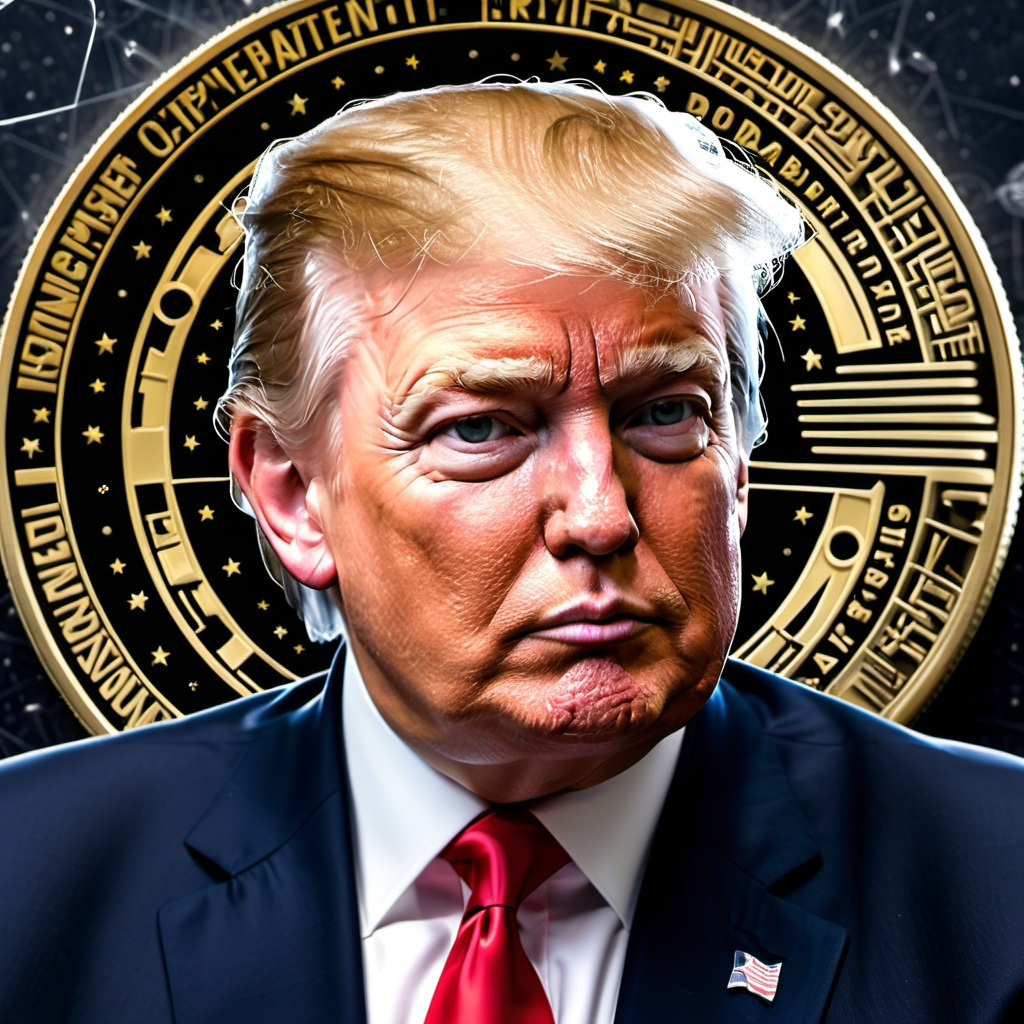
Political Tensions Erupt in New Zealand
In a shocking turn of events, New Zealand has dismissed its High Commissioner to the United Kingdom, Phil Goff, following comments that questioned former US President Donald Trump’s understanding of historical events. Goff’s remarks arose during a diplomatic event in London, where he drew comparisons between the ongoing conflict in Ukraine and the infamous 1938 Munich Agreement—a pivotal moment in history that allowed Adolf Hitler to expand Nazi Germany’s territory.
This incident highlights the delicate balance of diplomacy and the repercussions that can arise from seemingly off-the-cuff remarks by representatives. High Commissioner Goff stated, “President Trump has restored the bust of Churchill to the Oval Office. But do you think he really understands history?” His choice of words triggered a swift response from New Zealand’s Foreign Minister, Winston Peters, who deemed Goff’s comments “deeply disappointing” and stated they made his position “untenable.”
A Diplomatic Misstep?
Goff’s comments were made amidst a tumultuous backdrop of US foreign policy, particularly the ongoing military aid to Ukraine. His remarks insinuated a lack of historical context on Trump’s part, reflecting on how Churchill criticized the Munich Agreement for enabling Hitler’s aggression. Goff quoted Churchill’s rebuke of then UK Prime Minister Neville Chamberlain, asserting that choices between **war and dishonour** ultimately led to conflict.
The historical analogy Goff drew is not without weight; the Munich Agreement is often cited as a glaring example of **appeasement** that failed to prevent future violence. However, the implications of comparing a current sitting US president to historical figures such as Hitler can ignite fierce political backlash, especially in a diplomatic context.
The Consequences of Free Speech
Foreign Minister Peters expressed that diplomats represent the policies and perspectives of their government, stating, “When you are in that position you represent the government and the policies of the day; you’re not able to free think, you are the face of New Zealand.” His comments imply that criticisms of a foreign leader must be carefully considered, especially when uttered by someone in an official capacity.
The situation escalated to the point where Peters did not consult Prime Minister Christopher Luxon prior to dismissing Goff, illustrating the **tensions** within the New Zealand government regarding how to engage with foreign powers, particularly the US. Peters justified his decision by stating he would have acted similarly regardless of the country in question, highlighting a firm stance on maintaining diplomatic decorum.
Historical Contextualization: Goff vs. Trump
Phil Goff’s comments evoke the broader conversation on the interpretation of history in contemporary politics. Drawing parallels between past events and current leaders can provide insight but also risks misinterpretation or oversimplification.
Trump’s actions, particularly his pause on military aid to Ukraine after a contentious meeting with President Volodymyr Zelensky, further complicate the landscape. Critics suggest that this decision serves to undermine Ukraine’s resistance against Russian aggression, drawing uncomfortable parallels to the errors of appeasement in the 1930s. In essence, Goff’s comments might reflect a sentiment held by many, questioning whether such actions are reminiscent of historical precedents that led to significant conflict.
A Divided Response
Reaction to Goff’s dismissal was mixed, with some politicians and public figures exploring the implications of this incident. Former Prime Minister Helen Clark openly criticized the decision, suggesting that it was based on a “**thin excuse**” and emphasized that historical parallels have been widely accepted in contemporary discussions about geopolitical strategies.
This incident also spotlights how political figures navigate the labyrinth of **international relations**, where the pressure of maintaining a favorable relationship with powerful allies can often stifle critical dialogue—even when such dialogue could be warranted.
The Road Ahead for New Zealand’s Diplomacy
As New Zealand continues to establish its diplomatic identity on the global stage, the ramifications of Goff’s firing serve as a reminder of the risks involved in public discourse on sensitive political matters. With diplomacy often characterized by careful wording and calculated remarks, it raises an essential question: should diplomats be held to a standard of absolute loyalty to the prevailing government narratives?
As events continue to unfold in Ukraine and the global political landscape shifts, New Zealand’s diplomatic strategy may require a recalibration to balance open dialogue with careful diplomacy. Going forward, this incident may shape the approach New Zealand takes in addressing international issues, ensuring that representatives are aligned with government policies while still allowing space for critical discourse.
In an age where leaders across the globe are scrutinized for their words and actions, New Zealand’s experience may reflect a broader trend—a challenge that nations face in reconciling **freedom of expression** with the responsibilities of diplomacy.
To learn about the disclaimer of liability for the content of this website, click here



